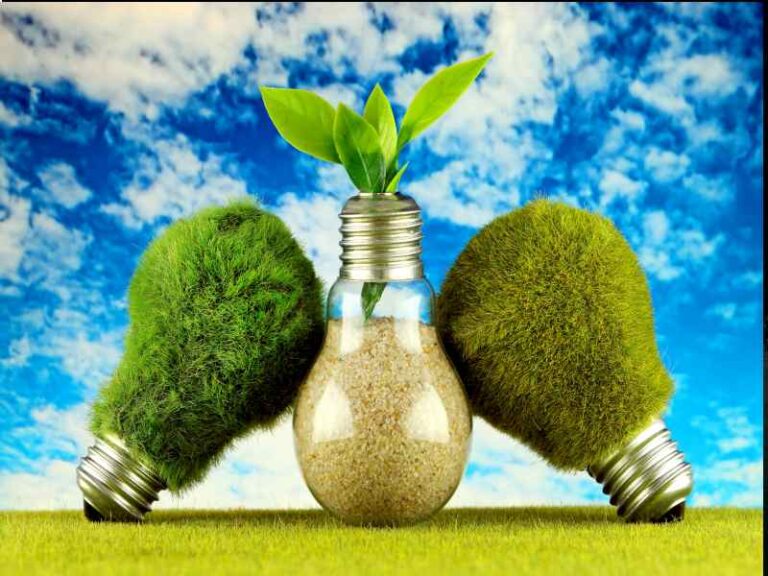Philippines had a notable surge in green investments, reaching $1.46 billion in 2023, marking a 57% increase from the previous year. However, this growth still falls significantly short of the $16 billion required to facilitate the country’s transition towards a more sustainable, environmentally friendly economy. This was revealed by the Green Economy Report 2024 for Southeast Asia.
This report by Bain & Company, GenZero, Standard Chartered, and Temasek was launched at the 2024 Ecosperity forum, which gathered leaders across the world to track developments in the global green economy.
The shortfall highlighted in the report indicates the pressing need for concerted efforts to bolster green financing mechanisms, enhance regulatory frameworks supporting renewable energy initiatives, and foster stronger collaboration among regional stakeholders.
Comparatively, the Philippines stands alongside Vietnam and Cambodia in their progress toward green economic development, with Singapore leading the region with the highest score in the Green Economy Index. Despite the commendable strides made, the region as a whole grapples with substantial challenges. Southeast Asia faces a staggering $1.5 trillion investment gap until 2030 to adequately fund its green transition, a stark reminder of the magnitude of the task at hand. Clean energy, comprising only 10% of the region’s power supplies, remains significantly underinvested, with fossil fuel subsidies eclipsing investments in renewable alternatives by a considerable margin.
Efforts to address the investment gap require multifaceted approaches. Dale Hardcastle, Director of the Global Sustainability Innovation Center at Bain & Company, emphasizes the importance of focusing on proven solutions to decarbonize while leveraging accelerators such as blended finance to catalyze investment. Moreover, governments across the region must navigate complex changes to create an enabling environment conducive to sustainable investment flows. In the case of the Philippines, specific recommendations include the establishment of clear regulatory frameworks for enforcing renewable portfolio standards, facilitating blended finance mechanisms to encourage solar project development, and crafting comprehensive energy roadmaps to provide investors with certainty and predictability.
Despite the challenges, there’s a sense of optimism about the Philippines’ potential for significant growth and transformation. Mike Samson, CEO of Standard Chartered Bank Philippines, highlights the country’s pivotal role in regional cooperation, advocating for technological transfer, cross-border investments in green manufacturing, and shared agreements on key standards. While the road ahead may be daunting, it’s clear that concerted action and collaborative efforts are imperative to accelerate the green transition in the Philippines and across Southeast Asia, ensuring a sustainable and resilient future for generations to come.

